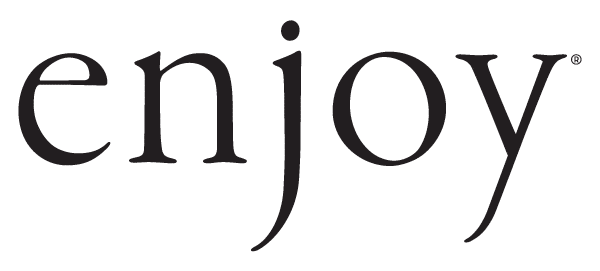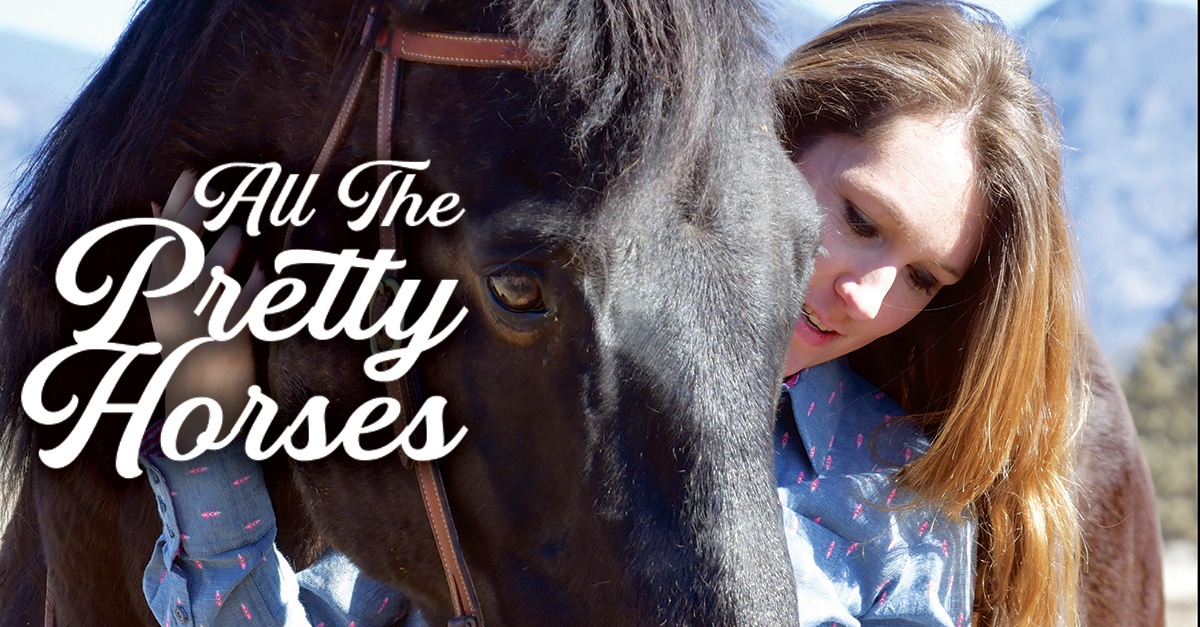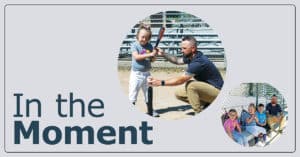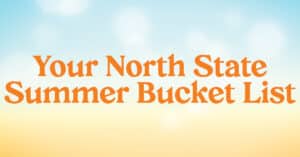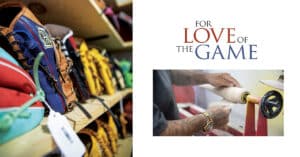All The Pretty Horses
Jordan McWilliams’ Backcountry Equine…
Perhaps no animal embodies wild America like the mustang. Mostly ranging across public lands in the western United States, they descend from domesticated horses brought to North America by the Spanish starting in the 16th century.
Technically feral, they number somewhere around 70,000, with many rounded up in holding corrals. While management of these horses falls to the Bureau of Land Management, Jordan McWilliams, a horse trainer and owner of Backcountry Equine in Mt. Shasta, is doing her part to make these horses adoptable. “What really sets my soul on fire is being able to bridge the gap because a lot of people don’t feel comfortable picking up this wild horse that’s never been touched before and then turning it into a horse they can ride. It’s nice to be the person in between that makes that dream a reality,” McWilliams says.
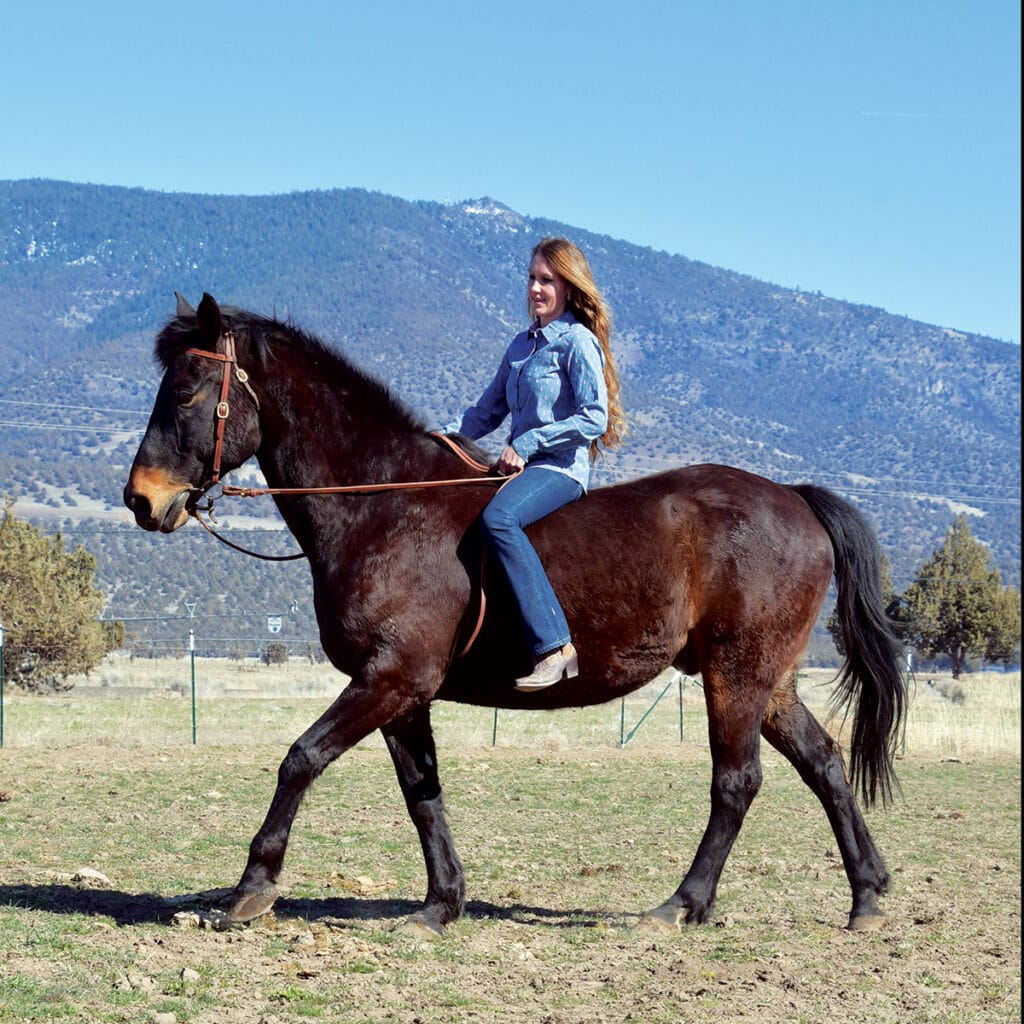
McWilliams works with the Trainer Incentive Program through the Mustang Heritage Foundation. This training and adoption program engages horse trainers from all over the nation to gentle and halter-train a Bureau of Land Management-branded wild horse or burro, then market and find a new home for it, according to the organization. Once a home is approved by Bureau of Land Management, the trainer is reimbursed for their training and marketing services. “Once they do the roundup out on the range, they’ll send these horses to different holding corrals across the country,” she says. “For me as a trainer, I go over there and pick some out to bring back and train. Sometimes there are like 300 horses that we get to look at. But when you’re only picking one to four horses, it can be kind of overwhelming if you don’t know what you’re looking for. There are a lot of pretty horses.”
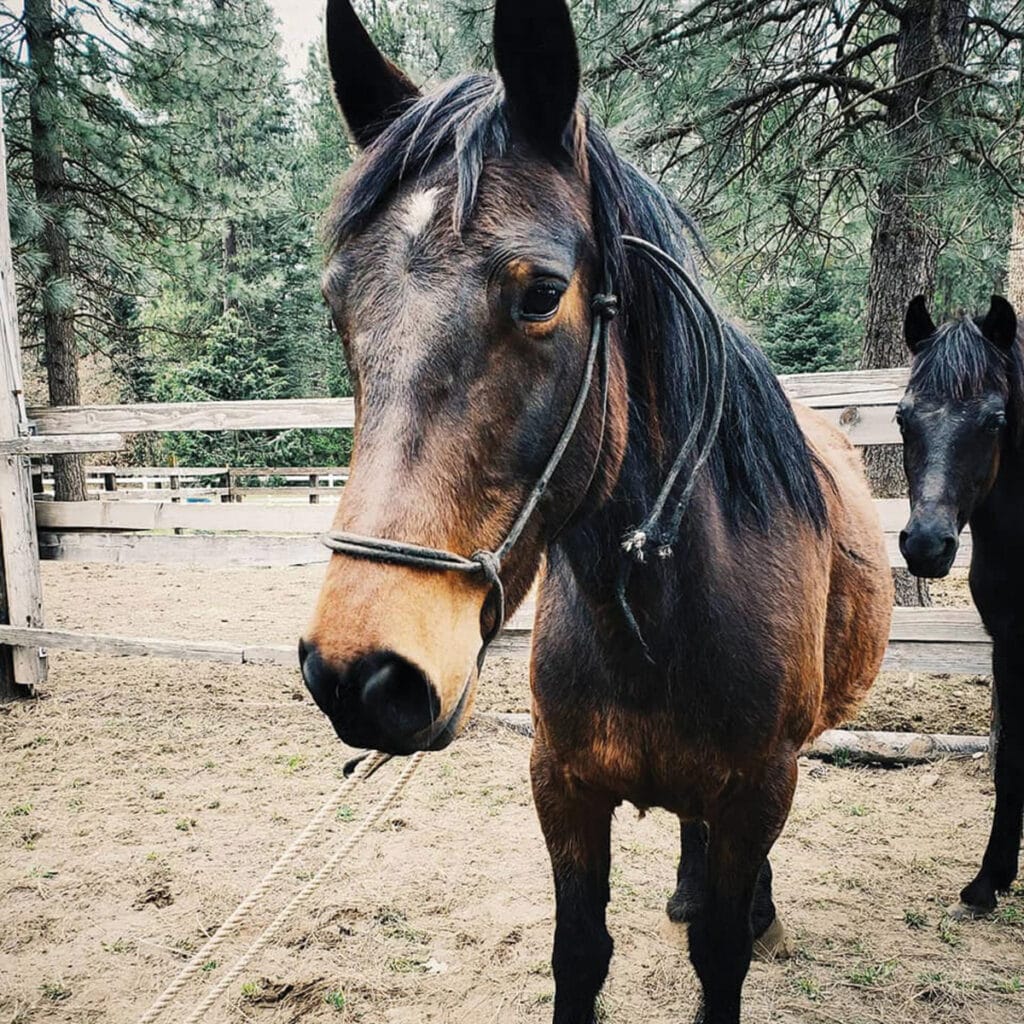
McWilliams was born and raised in Mount Shasta and grew up riding her grandfather’s horses. Now she trains and delivers gentled mustangs to customers all over the country. “What I prefer to do is take out a horse for a specific person,” she says. “It doesn’t always happen that way, but it allows me to pull as many out of holding as I possibly can. Finding the adopter beforehand, I can ask them what they’re really looking for.”
When it comes to picking out the horses, McWilliams has her own set of criteria. “I’m looking for how they behave in the herd. You don’t want the the one that’s fighting and kicking everybody,” she says. “I personally don’t necessarily want the horse that’s standing in the corner, either. My preference for horses are the ones that have a bit of a mind of their own. They’re in the middle of the herd, but still acting independently.”
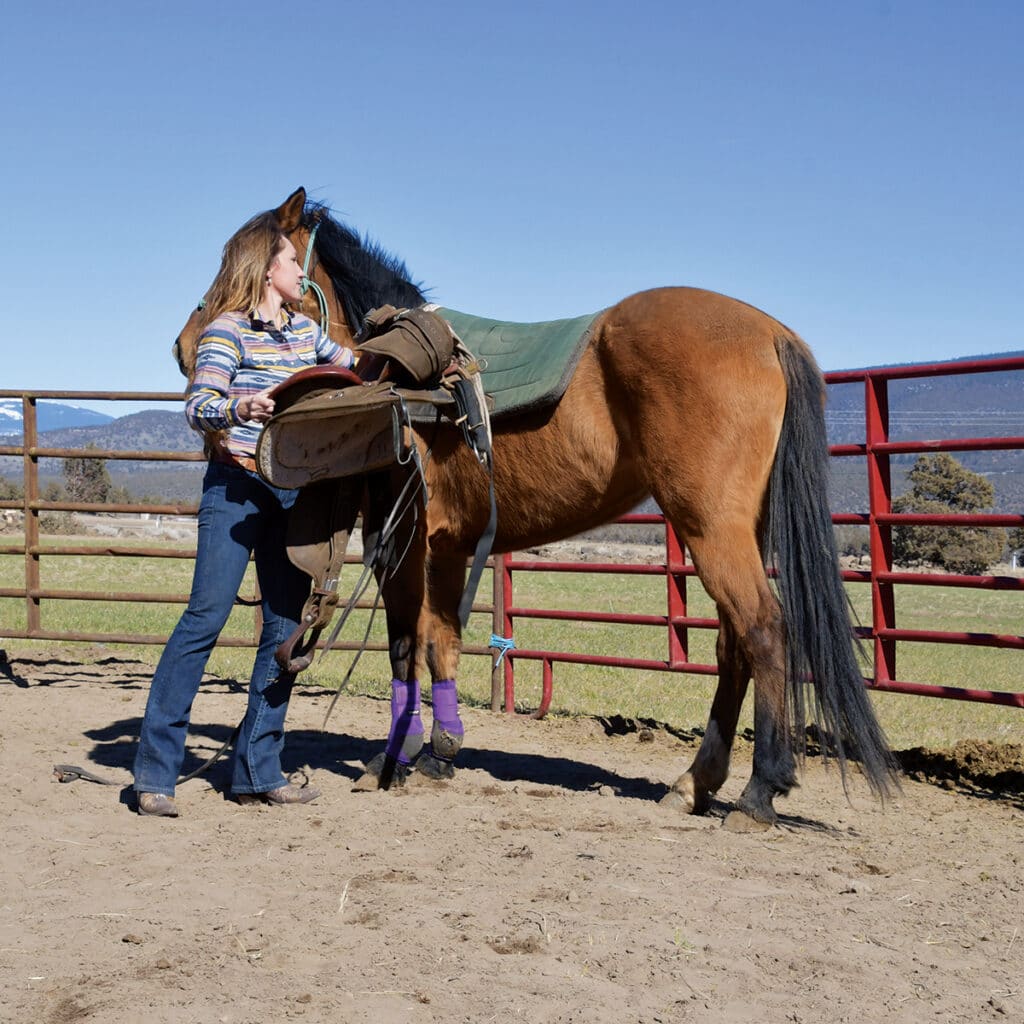
Once McWilliams brings the mustangs home, the process of gentling the mustang starts in a “round pen,” which is simply a corral without corners. “Before you ever try and touch them, you want to establish that you’re not a predator, and that you’re a good leader. So, I just start getting them going both directions and learning to turn into me. And then I take all the pressure off it.” Like any meaningful relationship, McWilliams says the key to a bond with the horse is about having a conversation. “Each horse has something to teach you if you’re willing to listen, rather than trying to force it into this box with your own preconceived notions of what you need to get done. Really, it’s all about respecting each horse as an individual.” At the end of the day, it might not get more American than that.
